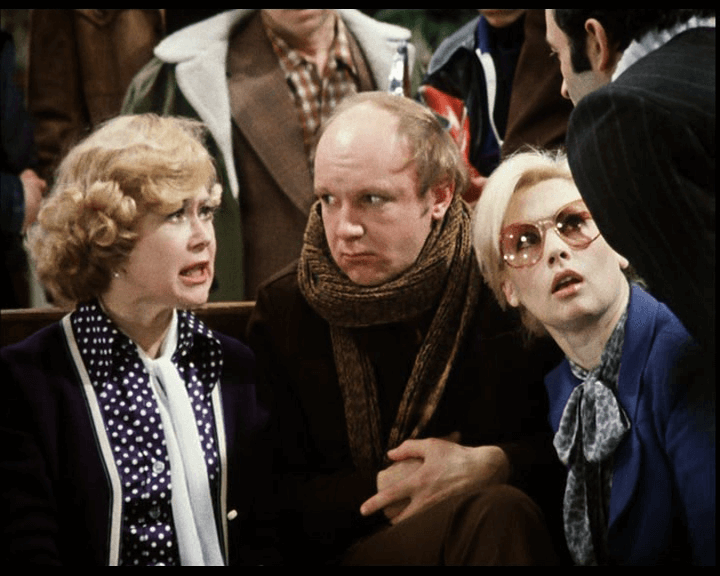"The Garage": Film Analysis
April 2, 2013
Center for Urban History, Lviv
Modern and Contemporary History Department of Ukrainian Catholic University in conjunction with the Center for Urban History presented the film seminar. The discussion portion of the film seminar is scheduled for the end of April (more information to follow).
"The Garage" is among the most iconic films of late Soviet cinema. It is as much the mainstream production of a well-known director working with a star-studded ensemble as it is cinematic document – albeit in a feature film treatment – addressing a range of social and ethical issues at play during the late soviet socio-political period known as "stagnation". As the story goes, it is within reason to believe that the central plot of the film is drawn from director Eldar Ryazanov’s own experience at a meeting of the "MosFilm" garage-and-car owner’s co-op. More satire than comedy, the film – a wide-screen release across the entire USSR – offers a thoroughly critical view of then-obtaining social realities. The reasons for the film’s popularity are not only to be found in its witty and well-crafted screenplay, but also in its unvarnished depiction of the everyday in the late-soviet era. The chamber-film enlists a common-enough collection of characters from the period: state officials, research colleagues, sinecure bureaucrats, and common laborers. The portrait painted by the actors, however, is neither trite nor commonplace, but rather a lively, unpredictable microcosm of Soviet society at the time. One offering a view of the era far more nuanced than that which is currently, and widely, held.
Credits
Сover Image: Still from "The Garage"
